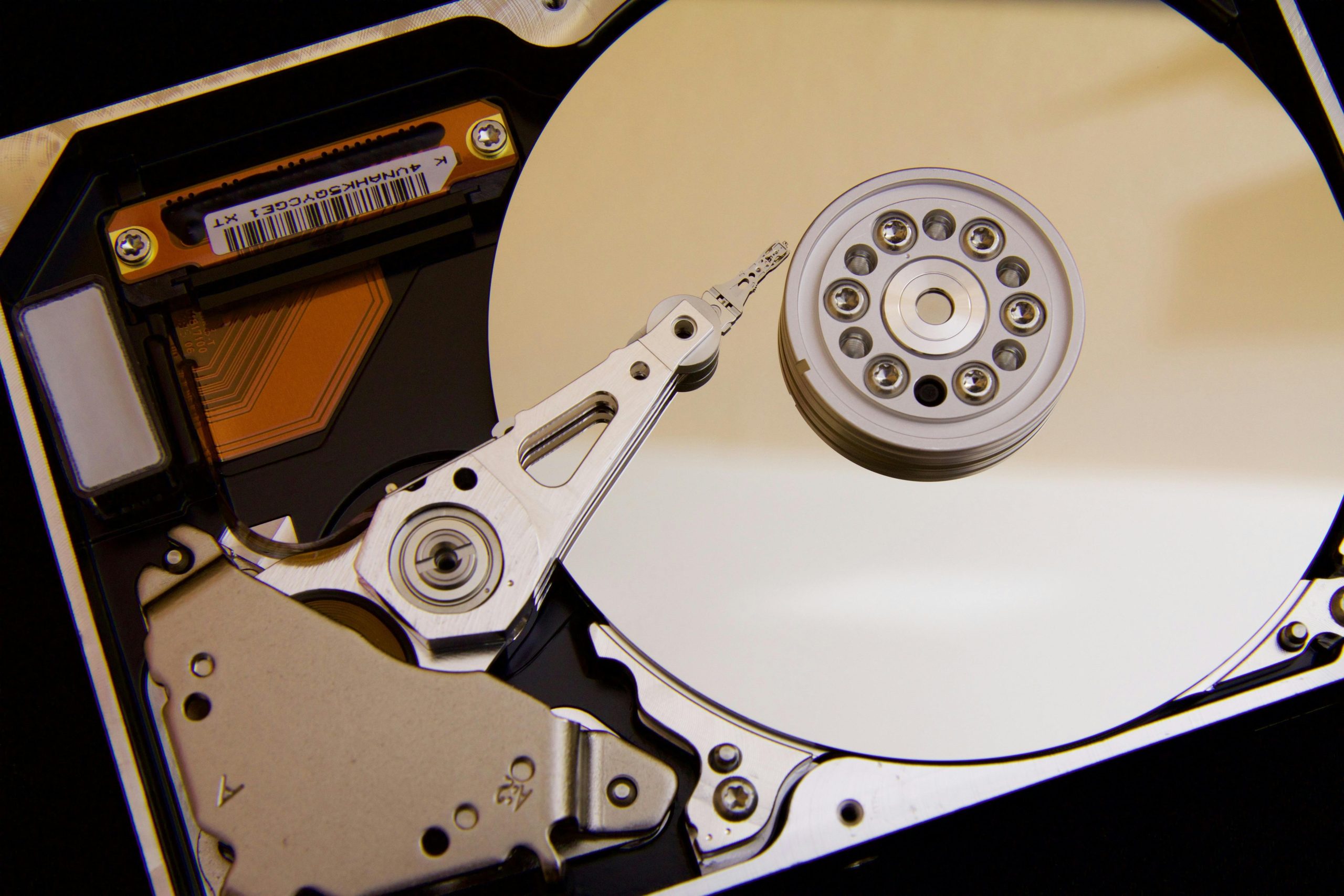Lenovo vs HP Servers: A Detailed Comparison of ThinkSystem SR530, SR250 V2, and ProLiant DL160 Gen10
Choosing the right server for your business can be a daunting task, as there are numerous factors to consider. In today’s fast-paced technological landscape, both Lenovo and HP offer robust solutions designed to meet the demands of various enterprise applications. This exploration will focus on three specific server models: Lenovo ThinkSystem SR530, Lenovo ThinkSystem SR250 V2, and HP ProLiant DL160 Gen10. We’ll analyze their specifications, performance benchmarks, reliability, expandability, and overall value.
Understanding Server Specifications
When comparing servers, it is essential to delve into the specifications that define their capabilities. Below are the main technical specifications of the servers we will discuss:
Lenovo ThinkSystem SR530
- Processor: Intel Xeon Silver 4210
- Cores: 10 Cores (2.2 GHz, up to 3.2 GHz)
- RAM: 16 GB (expandable)
- Storage: Hot-swap bays (8 drives max)
- RAID Controller: RAID 530-8i
- Power Supply: 750W
- Warranty: 3 years
Lenovo ThinkSystem SR250 V2
- Processor: Intel Xeon E-2356G
- Cores: 6 Cores (3.2 GHz, up to 5.0 GHz)
- RAM: 32 GB (expandable)
- Storage: SATA RAID controller
- Power Supply: 450W
- Warranty: 3 years
HP ProLiant DL160 Gen10
- Processor: Intel Xeon Silver 4208
- Cores: 8 Cores (2.1 GHz, up to 3.2 GHz)
- RAM: 16 GB (expandable)
- Storage: Embedded 14-port RAID
- Power Supply: 500W
- Warranty: 3 years
Brand Reliability: Lenovo vs HP
Reliability serves as a critical factor in server selection. Both Lenovo and HP have established their presence in the enterprise market, encouraging businesses to evaluate their experiences and support networks.
Lenovo’s Reputation
Lenovo is reputed for engineering durable and reliable systems. Their ThinkSystem series, which includes the SR530 and SR250 V2, emphasizes reliability and performance tailored for a variety of workloads. Users often praise Lenovo’s customer service and support, which contributes positively to the overall ownership experience. According to various reviews, many enterprises have experienced fewer hardware issues compared to competitors.
HP’s Reputation
HP ProLiant servers have long been a staple in data centers across the globe, recognized for their reliability and robust feature set. HP invests in research and development, ensuring their products stay relevant and effective under demanding workloads. The HP ProLiant DL160 Gen10 has received accolades for its balance of performance and cost-efficiency. HP’s extensive warranty and proactive support options are often highlighted by users as significant benefits.
Processor Performance Analysis
The heart of any server lies in its processor. Comparing the Intel Xeon processors in these systems provides insights into expected performance.
ThinkSystem SR530
The Intel Xeon Silver 4210 in the SR530 comes with 10 cores and robust multi-threading capabilities. This architecture is especially beneficial for businesses running virtual machines, handling large datasets, or executing complex applications. The base clock speed of 2.2 GHz can boost up to 3.2 GHz, facilitating efficient task management in multi-threaded environments.
ThinkSystem SR250 V2
The Intel Xeon E-2356G in the SR250 V2 offers a different approach, totaling 6 cores with a higher base clock speed of 3.2 GHz. Its ability to reach up to 5.0 GHz makes it suitable for applications that require maximum single-threaded performance, such as database operations or real-time analytics.
HP ProLiant DL160 Gen10
The Intel Xeon Silver 4208, featured in the ProLiant DL160 Gen10, consists of 8 cores with base speeds ranging from 2.1 GHz to 3.2 GHz. Its performance hinges on balancing multi-threaded processing with power efficiency—strategic for businesses focused on optimizing workloads without incurring excessive energy costs.
Comparative Performance Insights
When comparing these processors, it’s pivotal to consider workload type. For scenarios necessitating high core counts and multi-threading, the SR530 is likely more advantageous. However, for applications demanding high clock speeds, such as web serving or intensive database queries, the SR250 V2 may prove to be the best option.
Expandability and Flexibility
Scalability is a fundamental feature for a server, allowing businesses to grow without complete system overhauls. Let’s evaluate the expandability options of each server.
Lenovo ThinkSystem SR530
The SR530 shines in terms of expandability. With support for up to eight drives, it also possesses hot-swap capabilities, meaning drives can be replaced without powering down the server. This capability reduces downtime—a key factor for businesses relying heavily on uptime. Additionally, it supports a significant amount of RAM and multiple PCIe slots for further expansions.
Lenovo ThinkSystem SR250 V2
The SR250 V2 also allows for RAM expansion, catering to varying business needs. However, with a limit of 32 GB and fewer hot-swap options, its scalability may be limited compared to the SR530. That said, it’s an excellent choice for smaller deployments that may not require extensive storage capabilities.
HP ProLiant DL160 Gen10
The DL160 Gen10 provides commendable scalability, particularly with its 14-port embedded RAID controller supporting diverse storage configurations. However, its physical layout and expandability options may be less flexible than those of the SR530. It is tailored more for enterprises that may require fewer upgrades in the initial phase.
Value for Price
Ultimately, value for price remains a core consideration in server selection.
Lenovo ThinkSystem SR530
Priced slightly higher due to its expansive capabilities, the SR530 offers greater value for businesses seeking a future-proof solution with substantial power and storage options. The return on investment for companies expecting significant workloads justifies the initial financial outlay.
Lenovo ThinkSystem SR250 V2
The SR250 V2, while lower in price, delivers exceptional value for small to medium-sized enterprises requiring one server to handle various tasks without massive scale demands. Its higher clock speeds justify its price point, especially for businesses that can capitalize on its performance.
HP ProLiant DL160 Gen10
HP’s DL160 Gen10 rests comfortably in the middle ground in terms of pricing. It is ideal for businesses that require reliability without maxing out their server budget. Its strong performance and user-friendly management tools make it an attractive option for organizations looking to optimize operational efficiency.
Conclusion
Choosing between Lenovo’s ThinkSystem series and HP’s ProLiant DL160 Gen10 ultimately hinges upon your organization’s specific needs and future growth plans. The ThinkSystem SR530 stands out for demanding environments requiring high performance and robust expandability. The SR250 V2 serves well for smaller operations demanding high clock speeds and diverse computing tasks. Lastly, the HP ProLiant DL160 Gen10 remains a strong contender, providing a reliable service tailored to meet moderate workloads.
When making a decision, consider the compatibility of the server with your existing infrastructure, the workload types, and future scalability requirements. Engaging in extensive research into user reviews and current market trends can provide a clearer picture for informed decision-making, leading your organization toward server solutions that ensure success.
In the ever-evolving world of technology, aligning the right server with your business objectives can set the tone for productivity, agility, and long-term sustainability. Choose wisely!
Share this content:




Response to Lenovo vs HP Servers Comparison
As a technically experienced user, your post provides a thorough overview of the Lenovo ThinkSystem SR530, SR250 V2, and HP ProLiant DL160 Gen10 servers, highlighting key specifications and performance metrics. Here are some additional insights and considerations for each server model:
Lenovo ThinkSystem SR530
The SR530’s support for multi-threading and robust expandability makes it a powerhouse for virtualized environments and data-intensive applications. If your organization anticipates scaling up operations, the hot-swap capability and PCIe slots could allow for seamless upgrades without risking downtime. Consider also the benefits of Lenovo’s XClarity management tool, which optimizes hardware management and maintenance.
Lenovo ThinkSystem SR250 V2
For smaller businesses or departments within larger organizations, the SR250 V2 offers a great balance between cost and performance. Its higher clock speeds can provide excellent performance for applications that favor single-thread efficiency. Make sure to assess your specific workload demands to leverage its potential effectively.
HP ProLiant DL160 Gen10
The DL160 Gen10 is indeed a reliable option, particularly for organizations that prioritize strong support and warranty options. Its embedded 14-port RAID configuration promises versatility in storage configurations. Also, HP’s iLO management platform provides sophisticated server management capabilities,
Thank you for sharing such a comprehensive comparison between Lenovo and HP servers. If you’re considering deploying one of these systems, make sure to evaluate your specific workload requirements, scalability plans, and support preferences. For example, the Lenovo ThinkSystem SR530 offers excellent expandability and high core counts, making it ideal for demanding environments, while the SR250 V2 provides high clock speeds suited for applications requiring strong single-thread performance. The HP ProLiant DL160 Gen10 balances reliability and cost-efficiency for moderate workloads. Additionally, verify compatibility with your existing infrastructure and review the warranty/service support options to ensure smooth operation and minimal downtime. If you need assistance with deployment, firmware updates, or integration, feel free to reach out—our team is here to help ensure your server solution aligns perfectly with your business needs.